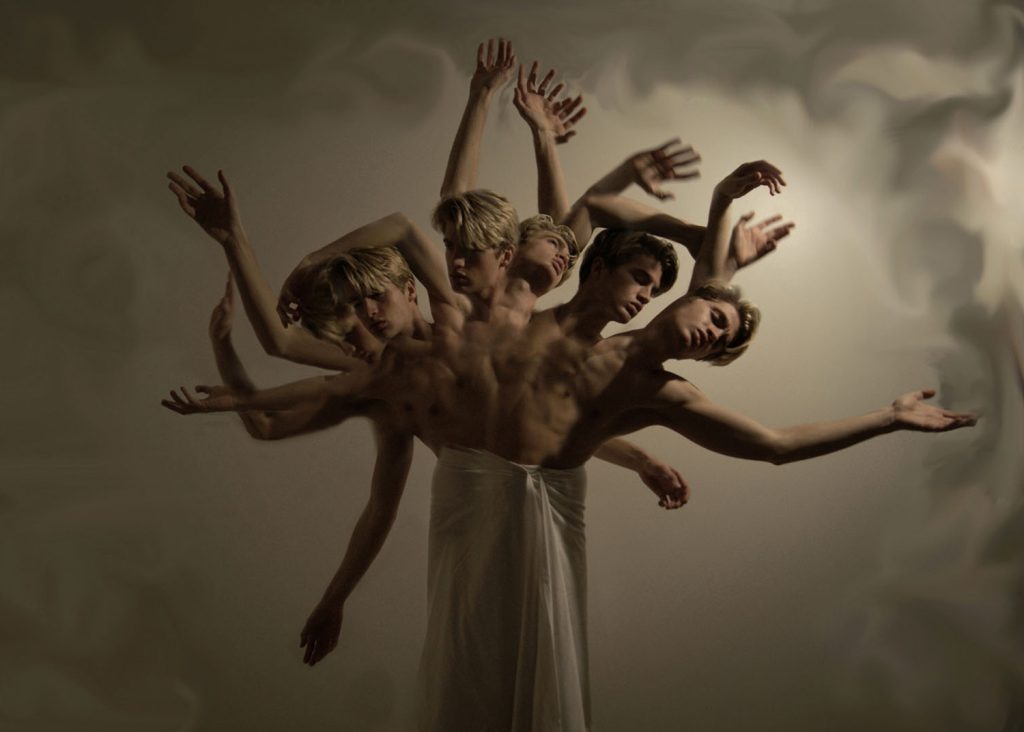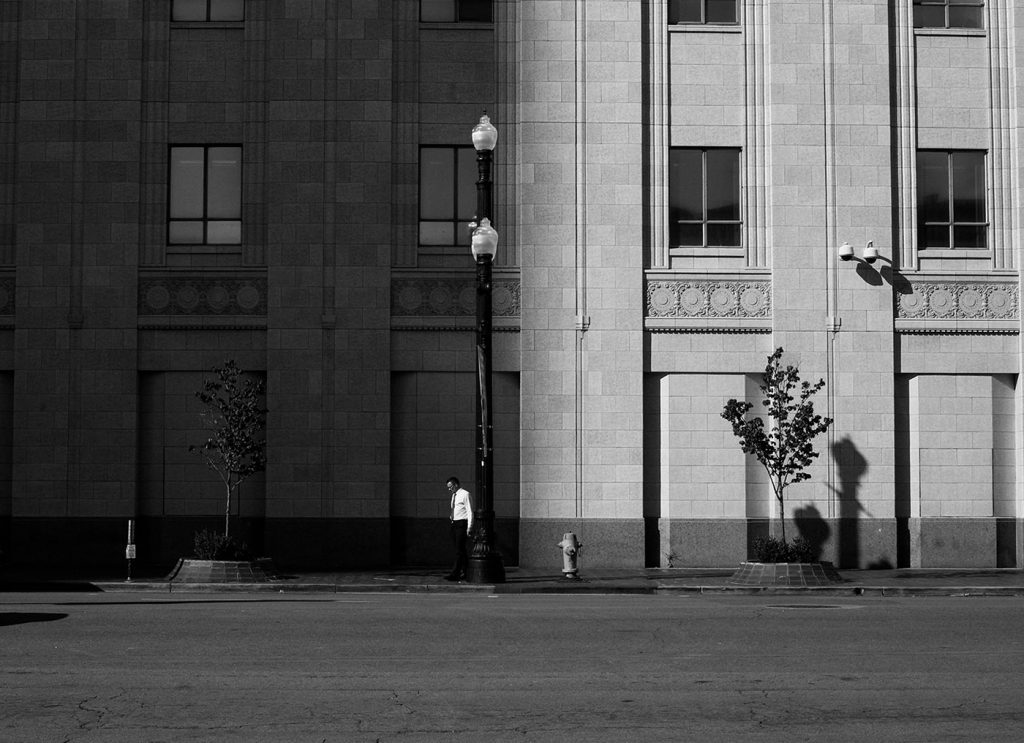Program
Much of how we know our world comes to us through photographs. There is almost no discipline or aspect of life that is not touched by it in some way. Because we believe so strongly in the power of photographic images, we felt that establishing a photography minor was crucial. With everyone now having a camera in their pocket, understanding the power and potential of these amazing tools is more important than ever.
Our photography minor reflects the growing use of imagery in our increasingly image-based culture. The transition of photography to a primarily digital process has democratized access to it. It also engages students in their creative potential more directly by shifting the emphasis from the skill of eye-hand coordination to the skills of judgment, interpretation and aesthetic evaluation.
This minor goes beyond the simple role of photography as documentation. It aims to give students the conceptual tools to make (and look at) photographs critically and to be able to analyze their effectiveness as a means of visual communication and expression. This minor emphasizes creative problem solving that challenges student’s intellect and ingenuity.
To make an excellent photograph is to physically engage with some aspect of our world. A significant and effective image always asks questions of its viewer, some which are very complex with no easy answers. There are many things that can only be effectively communicated photographically – you can gaze into the eyes of another and feel your shared humanity in a way that no other medium can approach.
This minor gives more students access to an experience with the arts. For many, engagement in the fine arts mirrors their way of thinking and psychological processing of the world. It is their gateway to higher learning. The arts allow them to say things that express their humanity that other modes of communication cannot. There are times when only a work of art can contain the powerful or difficult emotions that an individual may encounter during their life. Besides being cathartic, the sharing of creative works can build empathy and understanding of both individuals and groups.
As the great photographer Richard Avedon said to a group of students:
“We live in a world of images. Images have replaced language — have replaced reading. The responsibility to your role in history – in whatever is going to happen to human beings – you are the new writers. And we can no longer be sloppy about what we do with a camera. You have this weapon in your hand – it’s a camera – and it is going to teach the world, it’s going to record the world, it is going to explain to the world and to the children that are coming — what this world was like. It is an incredible responsibility.”
Requirements
Information - Minors & Certificates
Advising
Students who intend to declare a minor must see a College of Fine Arts Advisor. The advisor will assist the student to track program requirements and will notify the Graduation Division at the time of graduation (minor) or completion of the coursework (certificate).


